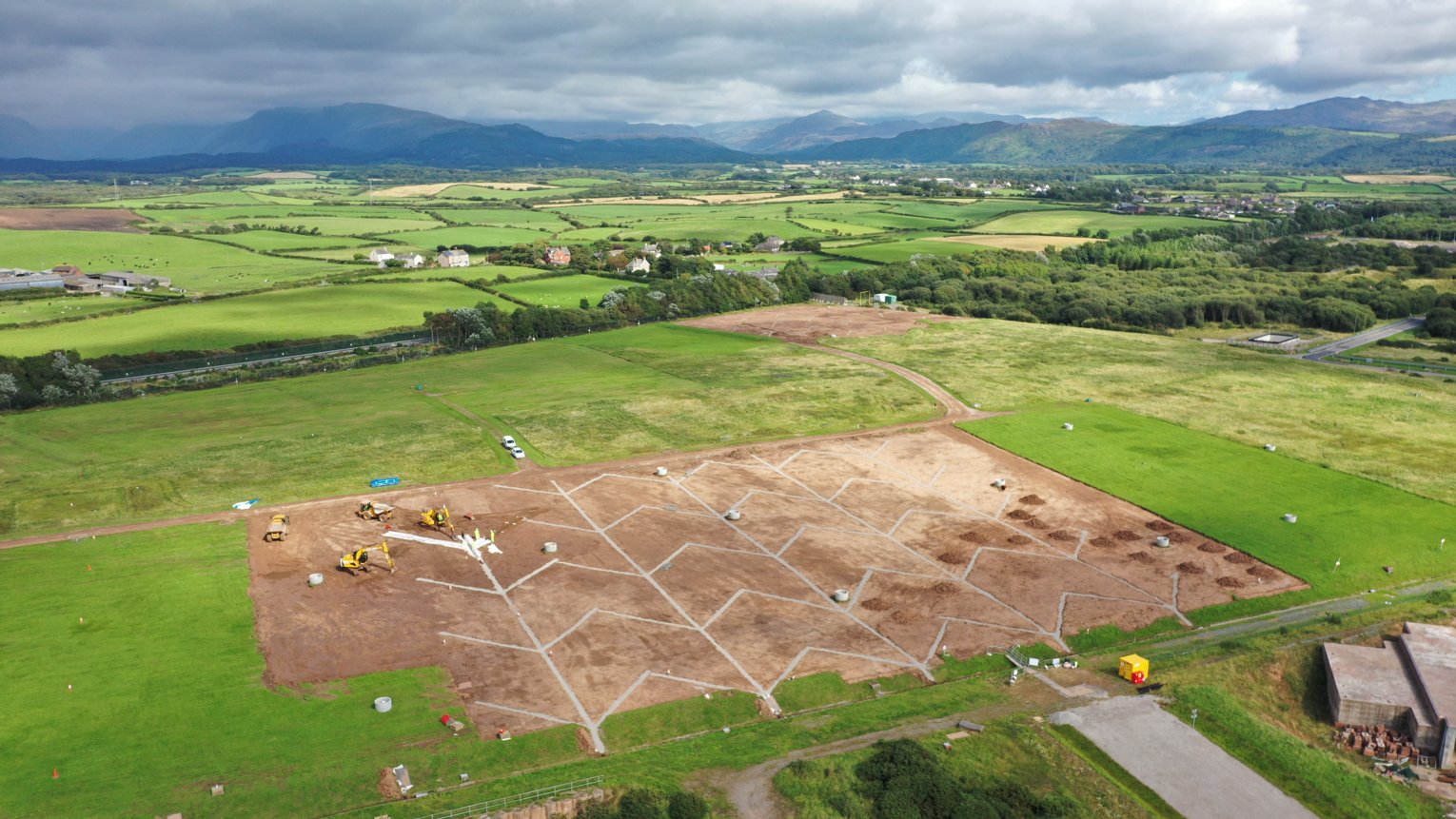GRAHAM has been awarded the “Southern Trenches Interim Membrane” (STIM) project at the Low-Level Waste Repository (LLWR) in Cumbria for client Nuclear Waste Services.
The four-year contract is for work on the Southern Trench Cap Interim Membrane (STIM) which will involve placing a new membrane (protective layer) over the legacy disposal trenches. It will also include placing other construction materials to progress towards the final cap.
Capping is a key part of the disposal lifecycle. It will see the waste that has been disposed of in the trenches and vaults over the years covered with engineered protection, comprised of layers of material, totalling up to 10m thick, to permanently protect people and the environment.
This work is key to make nuclear waste permanently safe, sooner, and is vitally important to the UK and future generations.
GRAHAM will start work on the contract this month, with major works commencing February 2025.
Alastair Lewis, GRAHAM Contracts Director said:
"This is the largest nuclear project to date for the business and will continue on from previous works undertaken during the Low-Level Waste Repository (LLWR) Scheme.
We recognise the critical importance of this work in ensuring the long-term environmental protection provided by the LLWR facility and are fully committed to delivering a high-quality solution in partnership with Nuclear Waste Services”.
Jonathan Evans, Repository Site Programmes Director, Nuclear Waste Services, said:
“Placing the engineered cap over the legacy radioactive waste disposal facilities at the UK’s Low Level Waste Repository (LLWR) is a first of its kind activity for the UK. The capping work is fully integrated with our ongoing disposal operations at the site. We are very pleased the initial work is progressing and we can move forward with this key phase, working collaboratively with GRAHAM Construction.
“It is important that NWS caps the existing vaults and trenches to provide long-term protection of the environment for generations to come. This work is integral to our mission, to make the UK’s nuclear waste permanently safe, sooner.”


